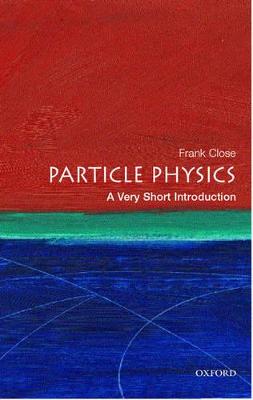Description
An introduction to the fundamental constituents of the universe. Beginning with a guide to what matter is made of and how it evolved, the author goes on to describe the techniques used to study it. He discusses quarks, electrons, and the neutrino, exotic matter, and antimatter. He also investigates the forces of nature, accelerators, and more.




Reviews
There are no reviews yet.